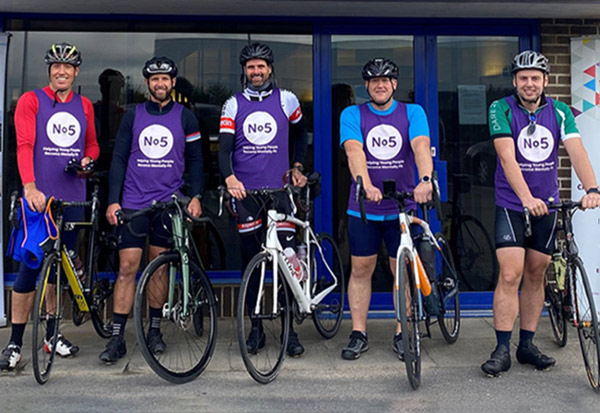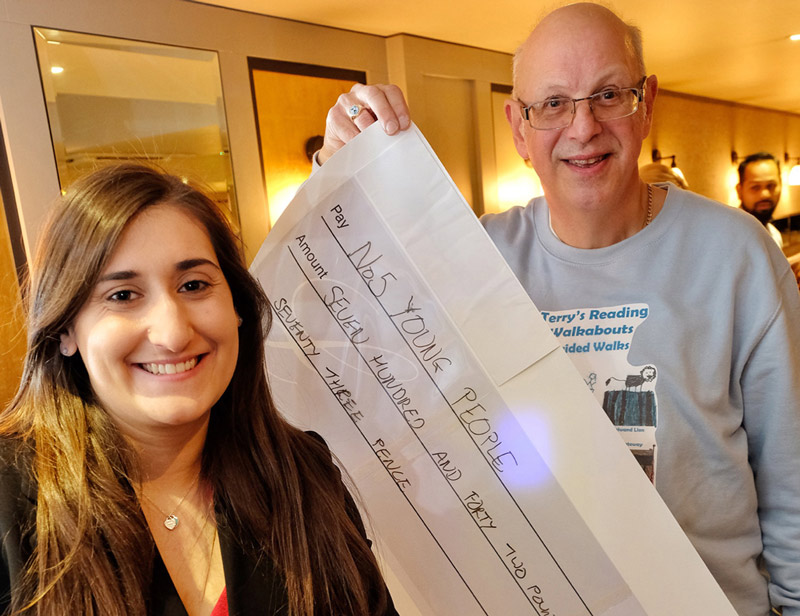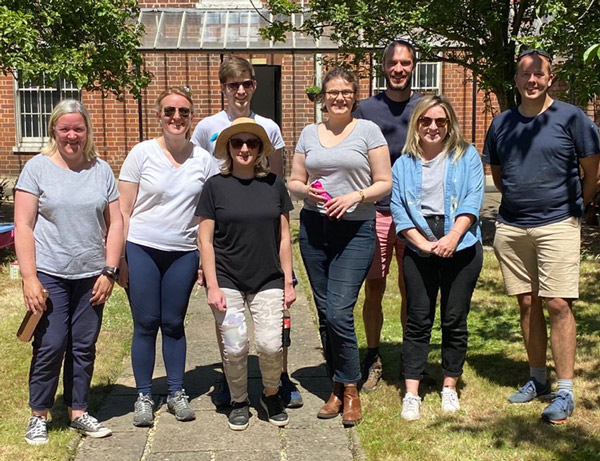
How No5 can support your child?
When times are difficult for young people, their family members can often feel the struggle too. It can be difficult for the parents or guardians to come to terms with their child needing more help with emotional issues or events in their lives than they themselves are able to offer.
If you think your child would benefit from some support, we’re here to help; we offer free, one-to-one counselling for young people aged 11-25 at our home in Central Reading, online via Zoom, or over the phone. We pride ourselves on delivering a professional, confidential counselling service in our local community, since 1971.





